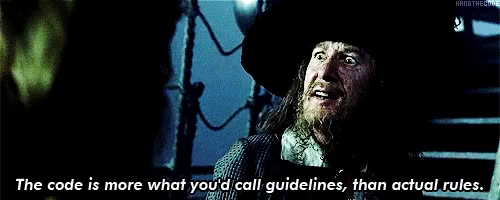And something of an outlier.

Either that, or your players have collectively meta-realized that giving out lots of inspiration slightly tilts things in their favour in the long run.
* - for each question individually, i.e. if the "received" range is between 9 and 12 over a several-session span (or, say, in a range of 1.2 to 1.5 times per session, if not everyone attends every session) that's pretty equal.
Most groups I've been in, a meta-currency system like that would cause more headaches than it solved simply due to some of the personalities involved.



